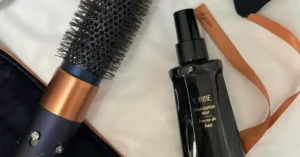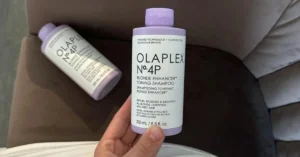Picture yourself sporting hair so breathtaking, it seems destined for a haircare ad. However, one persistent concern lingers: “Do my hair care products contain parabens?” Parabens, now that’s a subject worth discussing, right?
Our mission? To demystify parabens in a way that’s both informative and a tad amusing. We’ll dig deep, share insights, and maybe throw in a hair-related joke or two. 🚀💇♀️
Table of Contents
What Hair Products Have Parabens
Parabens are often found in a variety of products such as makeup, moisturizers, and even hair care items like shampoos and conditioners. According to the U.S. Food and Drug Administration, they are used as preservatives to extend shelf life and prevent the growth of harmful bacteria and mold in our favorite grooming products.
Now, armed with this knowledge, I am motivated to take a closer look at the products I use and make conscious choices for my hair care routine. Let’s dive in together and explore more about parabens, their potential impacts on our health, and how to identify and select paraben-free hair products.
The Basics of Hair Products and Parabens
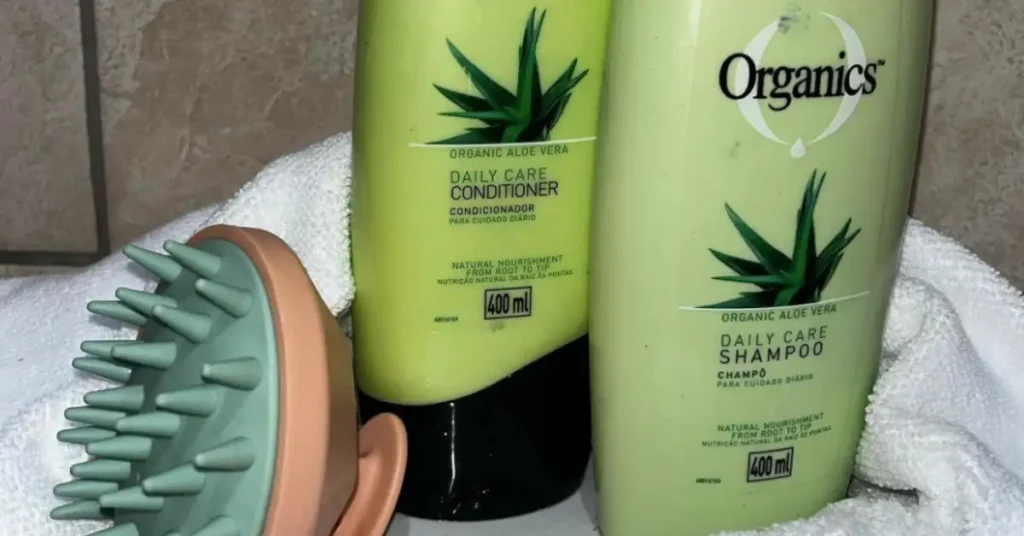
Parabens are a family of related chemicals that are used as preservatives in various products, mainly because they’re highly effective at preventing microbial contamination.
By inhibiting microbial growth, parabens help extend the shelf life of hair products, reducing the need for frequent replacements. Hair growth products, in particular, may contain parabens due to their efficacy in preserving the product’s safety and quality.
Nevertheless, there has been an ongoing debate around the use of parabens. Some skin, hair, and makeup companies have started to find and use alternatives in their formulations, which has led to the rise of paraben-free labels on many products.
It is essential to know the ingredients in your hair care products, so if you prefer to avoid parabens, look for products with clear “paraben-free” labeling.
Now, speaking from personal experience, I have noticed that a wide variety of hair care items, such as shampoos, conditioners, and styling products, can contain parabens.
However, keep in mind that the presence or absence of parabens does not solely determine the efficacy of a hair growth product. The active ingredients and formulation play a significant role as well.
Common Hair Products with Parabens
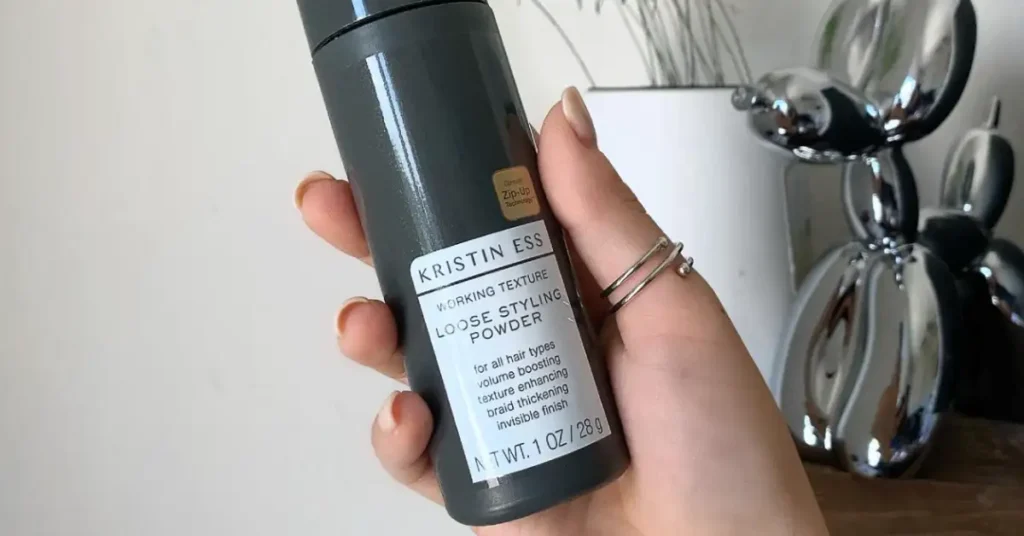
I remember the day I first discovered the world of hair products containing parabens. As someone who’s always been conscious about the ingredients I put on my body, it was a shocking realization. It’s a common question to wonder, what hair products have parabens? Let me share my experience and knowledge on this topic.
Some of the most common parabens found in these products are methylparaben, propylparaben, butylparaben, and ethylparaben. You might be surprised to know that many of the hair products we use daily contain one or more of these parabens. Here’s a brief list of hair products that may contain parabens:
- Shampoos
- Conditioners
- Hair gels
- Hair sprays
- Hair serums
- Leave-in treatments
- Hair dyes
Pro Tip: To make your search easier, try downloading apps dedicated to decoding cosmetic ingredients. They’ll save you time by instantly highlighting harmful ingredients while you’re browsing the shelves.
I noticed that many of the popular brands on the market have products containing these synthetic chemicals. But worry not, there are alternative options available.
When shopping for hair products, you can look for items labeled as “paraben-free” or simply check the ingredients list to ensure they don’t contain any of the common parabens mentioned above.
As a friendly reminder, always consider your personal needs and preferences when selecting hair care products. After all, it’s essential to find a balance between effective hair care and prioritizing what’s best for your well-being.
Why Hair Products Use Parabens

I’ve always wondered about the ingredients in my hair care products, especially when it comes to understanding what hair products have parabens. As a consumer, it’s important to know why these chemicals are commonly used and which products I should look for.
Parabens are a group of chemicals widely used as artificial preservatives in cosmetic and body care products since the 1920s, including various hair care items.
Their primary purpose is to prevent and reduce the growth of harmful bacteria and mold in products that contain ingredients susceptible to biodegradation, ultimately extending the shelf life of these products.
In terms of hair care, parabens can be found in a range of products such as shampoos, conditioners, styling gels, and hair sprays. The use of parabens in these products helps maintain their quality and effectiveness, ensuring that consumers like me can use them safely and without any unwanted alterations to their properties.
However, the ongoing debate around the safety of parabens has led to a rise in the popularity of paraben-free alternatives. Many skin, hair, and makeup companies have started to find and use these alternatives in their formulations.
Alternatives to Paraben-Containing Hair Products
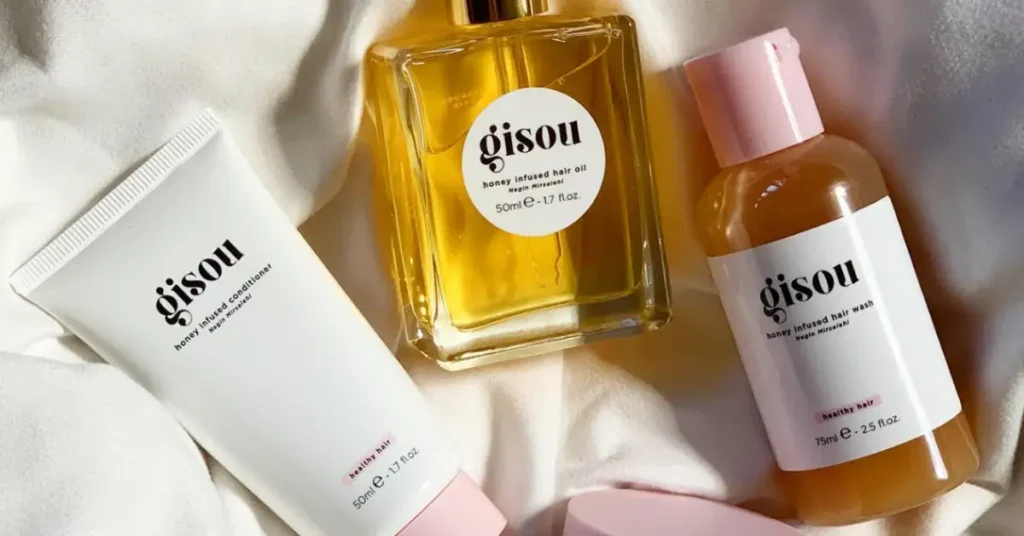
I was surprised to discover how many hair products contain parabens. Given the potential health effects, I decided to explore some alternatives. In my search, I found various paraben-free hair care products that were not only efficient but budget-friendly too!
Switching to sulfate and paraben-free hair care products has significantly improved my hair’s health. I personally tried the Macadamia Oil Deep Repair Masque and noticed a difference in my hair’s strength and shine. And here’s a pro tip: remember to always read product labels to ensure they are free of harmful ingredients.
In addition to sulfate-free products, you can also opt for hair care products without additives like silicones. I discovered that Kérastase, Moroccanoil, and Redken offer fantastic options for all hair types. These brands focus on using natural ingredients for a more gentle and effective approach to hair care.
Another popular brand, Pantene, also offers sulfate and paraben-free hair products. Their product range is designed to cater to various hair needs without sacrificing the quality we love.
Here’s a summary of my favorite alternatives to paraben-containing hair products:
- Macadamia Oil Deep Repair Masque
- Kérastase Aura Botanica Bain Micellar Shampoo
- Moroccanoil Hydrating Shampoo
- Redken Nature + Science Extreme Shampoo
- Pantene Pro-V Blends Micellar Shampoo
Finding alternatives to hair products that contain parabens has been a game-changer for me. I encourage you to give them a try and experience the benefits of switching to friendlier, paraben-free options.
How to Identify Parabens in Hair Products

Parabens are a class of preservatives used in various cosmetic and personal care products, including hair care. They are used to prevent the growth of bacteria and mold while extending the shelf life of the products.
Some common parabens you may find in hair products are methylparaben, ethylparaben, propylparaben, butylparaben, and isopropylparaben.
It’s essential to carefully read the ingredients list on the packaging of hair products. You can usually identify parabens by looking for names that end in “paraben”. The following list provides examples of parabens that you might come across:
- Methylparaben
- Ethylparaben
- Propylparaben
- Butylparaben
- Isopropylparaben
- Isobutylparaben
I have personally noticed that some hair products, such as shampoos, conditioners, and styling gels, may contain these chemicals. But don’t worry – many brands are becoming more aware of consumers’ preferences and are offering paraben-free alternatives.
Risks and Controversies Around Parabens in Hair Products

Studies have shown that parabens may disrupt hormone balance in our bodies, and some research even suggests a link to cancer. This has sparked controversies and debates among health experts and consumers alike.
I wanted to share some of the risks and concerns associated with the use of parabens in hair products so that we can all make better choices for our health.
Parabens are preservatives in many cosmetics and hair products, but their potential to mimic estrogen in our bodies is a primary concern. This can lead to an increased risk of hormonal imbalances, which has been linked to breast cancer in some studies.
This connection continues to be explored and debated, but it’s worth considering when choosing the products we use daily.
Another concern is the potential environmental impact. Parabens can end up in water sources, affecting marine life and potentially disrupting their ecosystems.
As more people become aware of the ecological effects of our choices as consumers, it’s essential to consider the bigger picture of our hair product selections.
Navigating the Hair Care Market for Paraben-Free Options
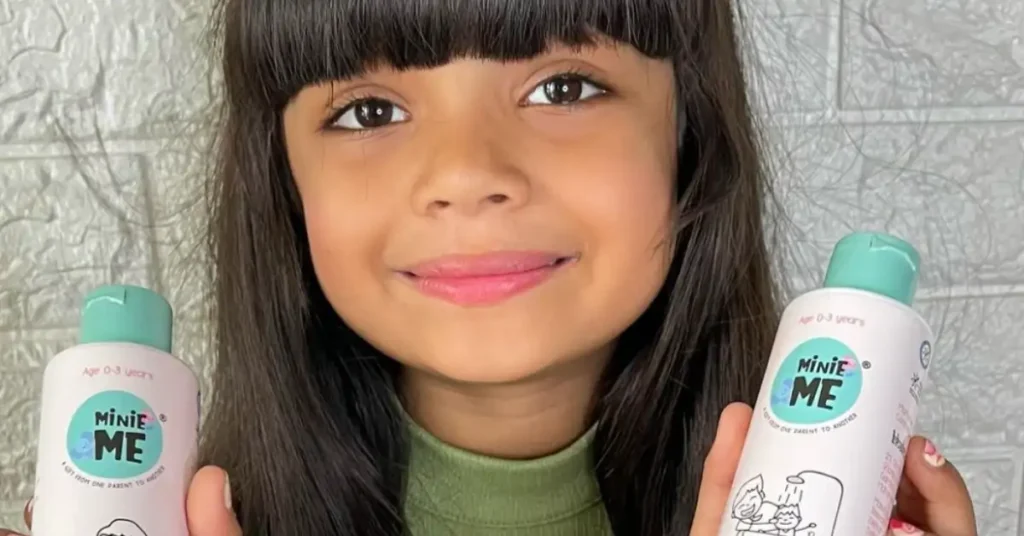
While searching for paraben-free products, I discovered some fantastic options that didn’t break the bank. I fell in love with the Macadamia Oil Deep Repair Masque, which tamed my frizz and added a healthy shine. In addition, it was budget-friendly and provided impressive results.
Examine the label for ingredients that end in “-paraben,” such as methylparaben, propylparaben, or butylparaben. These indicate the presence of parabens in the product. To save you some time, here’s a quick list of paraben-free hair care options:
- Grahams Natural Shampoo
- Chi Keratin Shampoo
- L’Anza Healing Remedy Shampoo
- Davines Minu Shampoo
What Hair Products Have Parabens: The Essentials

You might be asking yourself, “What hair products have parabens?” Well, I had the same question not too long ago! Let me share my experience with you to help you make informed choices about the products you use on your hair.
Finding the presence of parabens in hair products can be a bit tricky. I discovered that parabens are often listed on labels as methylparaben, propylparaben, butylparaben, and ethylparaben. So, you might want to keep an eye on the ingredient list of your favorite products to check for those names.
In my quest to find out more about parabens, I learned that they are commonly used as preservatives in various hair products to protect against fungi, yeast, and bacteria. That being said, here’s a quick list of some hair products that may contain parabens:
- Shampoos and conditioners
- Leave-in treatments
- Hair masks
- Hair sprays
- Hair gels
- Hair mousses
While parabens can serve a useful purpose in preserving hair products, concerns have been raised about their potential health effects and their impact on the environment. That led me to explore other options, such as paraben-free hair care products like the L’Oréal Paris EverPure Moisture Shampoo and Conditioner.
Being aware of parabens in hair products has been a game-changer for me. I hope you find this information helpful in your own hair care journey. Remember, always read the labels and make informed choices!
FAQ
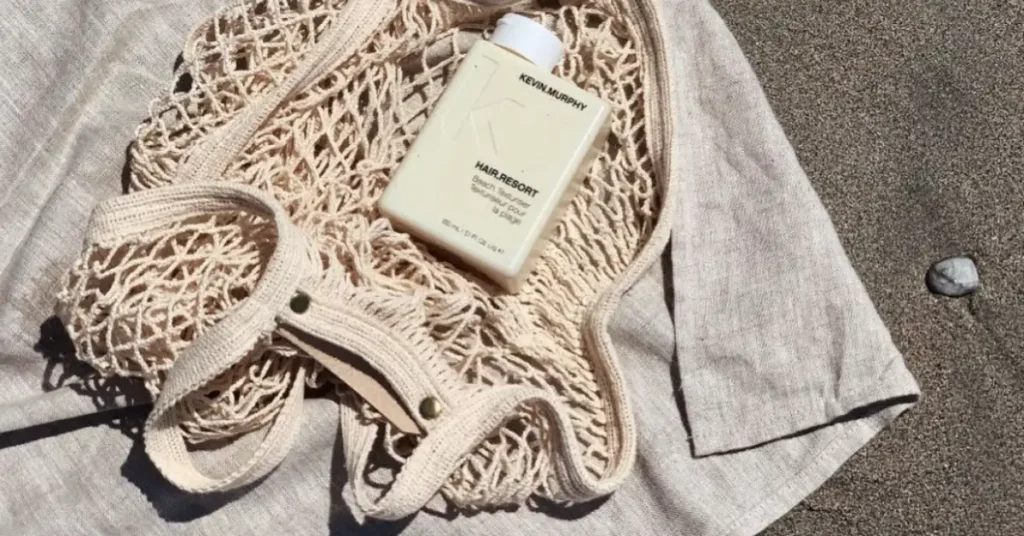
Are sulfates or parabens worse?
The comparison between sulfates and parabens depends on individual sensitivities and product usage. Sulfates are cleansing agents and can be harsh on some skin types, while parabens are preservatives that have raised concerns. Both are avoided by those seeking gentler, more natural alternatives.
How do you avoid parabens?
To avoid parabens, read product labels carefully, looking for ingredients like methylparaben, ethylparaben, propylparaben, or butylparaben. Choose products labeled “paraben-free” or opt for natural and organic alternatives, which often do not include synthetic preservatives like parabens.
Are parabens and sulfates the same?
No, parabens and sulfates are not the same. Parabens are preservatives, while sulfates are cleansing agents. They serve different purposes in cosmetics, and both have been scrutinized for their potential impact on health and the environment.
What is the least damaging shampoo?
The least damaging shampoo varies based on individual hair type and needs. Sulfate-free, paraben-free, and natural or organic shampoos are often gentler choices. Look for a product that suits your specific hair concerns, whether it’s dryness, oiliness, or sensitivity.
If you liked this blog article about the question: What Hair Products Have Parabens? don’t forget to leave us a comment down below to tell us about your experience.




